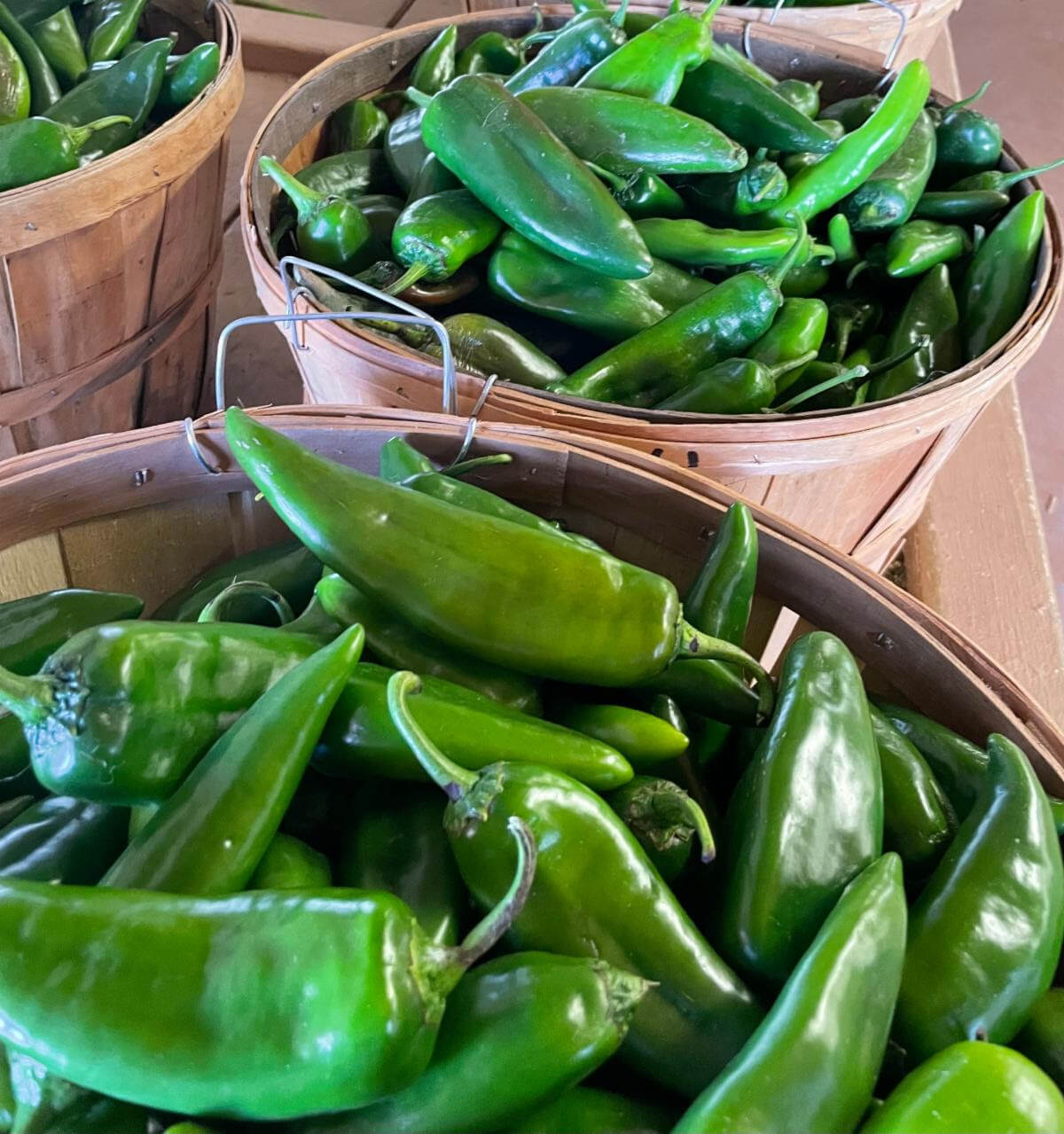“Do the best you can until you know better. Then when you know better, do better.”
Maya Angelou
Each of my days is an offering to humility, tenderness, and learning. Humility is integral to my ability to remain open to new ideas and to engage across difference with curiosity. Tenderness is a practice that enables me to soften when I make mistakes – it is often not my first response as I can be hard on myself. Learning is fueled by my natural sense of curiosity and enriches everything that I do. This is all a part of the active work of healing.
I have been thinking a lot about how these qualities present themselves in our work for myself and others. If you’ve ever participated in a group training or decision-making process, chances are you’ve been presented with a list of group agreements. One of those agreements is usually something along the lines of, “Engage with Good Intentions and Attend to Impact.”
If you’ve been part of a CDE training or cohort, you know that in our agreements, we include “It’s OK to be raggedy.” People often ask about the meaning of this agreement and that’s part of the reason we use this language – to break the ice, to name directly that it’s not only OK – but expected – that participants digging deeply into themselves, their histories and patterns, will inevitably make mistakes. The mistakes, unwelcome as they may feel in the moment, are actually positive signs participants are growing beyond comfort zones. In fact, it’s being “raggedy” that often leads to the moments we recall years later as turning points in our learning, ways of being, and healing relationships with others and ourselves.
Essentially, these agreements remind us that while it’s never OK to deliberately hurt another person, if you’re really committed to this work, you inevitably will. Mistakes will be made. Words will be misinterpreted or drilled down to reveal what’s really behind them. That’s scary stuff for most of us. And that’s where “Attend to Impact” comes in.
Yes, it’s OK to be “raggedy” – even encouraged, at CDE. But when that dropping of inhibitions happens, when the comfort and trust built within a group allows participants to speak wholeheartedly, the politeness of day-to-day life falls off. Hurt will happen, and people on both sides will experience discomfort and pain.
Present in our dominant culture today is the coexistence of the violence that created white supremacy culture with an absolute lack of tolerance for discomfort. Sometimes this dynamic is referred to as “white fragility,” but it doesn’t only affect white people. The zeitgeist of colonization and capitalism, two sides of a coin that devastate our communities and environments, has sunk so deeply into dominant culture that those who participate in it, even the best-intentioned, have trouble addressing harm. Discussion, deep listening, apologies, and corrective action are not part of our cultural habits, and that’s precisely why we actively practice them at CDE.
Out in the world, we are encouraged to disregard nuance, close our hearts to dialogue across difference, and retreat behind a safe wall that reinforces our beliefs, keeps us comfortable, and allows us to further dehumanize and “other.”
But when we encourage folks to be “raggedy,” we’re acknowledging that lack of words and action is actually more hurtful over time than taking the risk to stretch, grow, and yes – make mistakes.
That is why attending to unintended impacts is so critical. We encourage discomfort, mistakes, and the stretching of comfort zones. In order to keep everyone – the hurt and the hurtful – strong on the path to healing and understanding, it is imperative that we move away from the constraints of politeness, but only if we have a well-developed analysis and practice of attending to impact.
Let me be clear – social media rants are not the same as being “raggedy,” explaining to your peer group why you’re right is not the same as “attending to impact”. Growth happens when we stretch and explore areas new to us.
Hurt will happen, and chances are the deeper we go in the dismantling of violent systems, the more we will find ourselves on both sides of the discomfort of making and healing mistakes.
How we respond to this inevitability is the work. How we embody these simply-stated concepts is the practice and privilege of a lifetime.
Sending big love,
Queta

